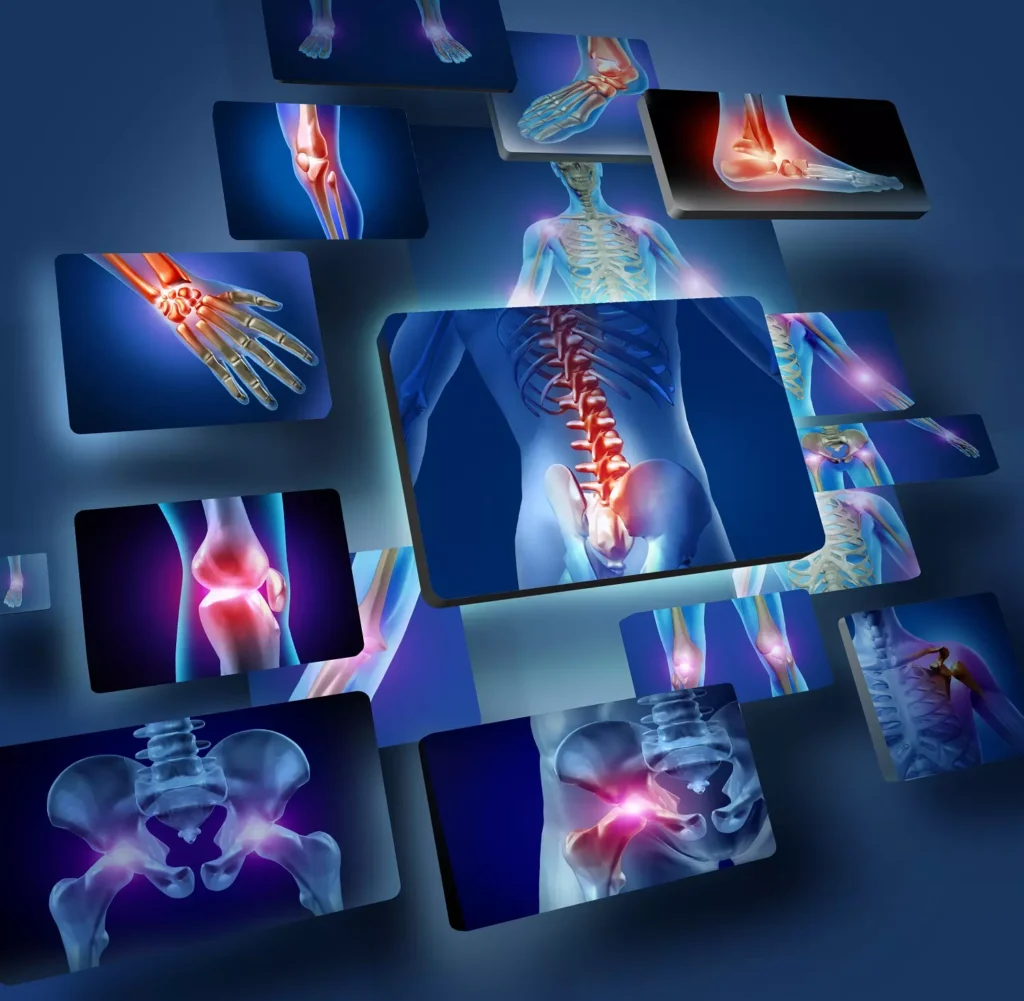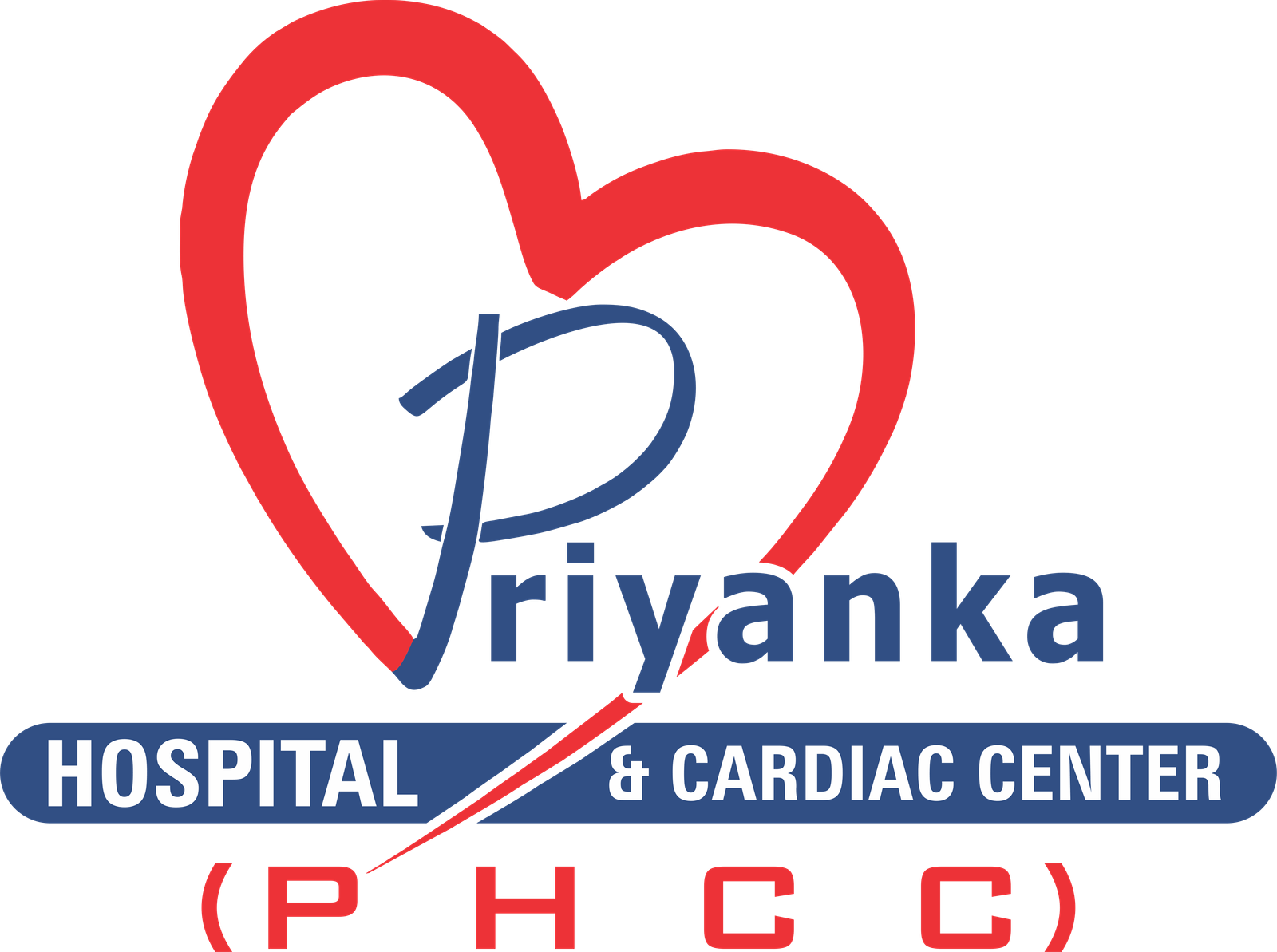Best Pain Management Hospital in Jaipur
Welcome to Priyanka Hospital that offers quality pain relief services to its clients while being concerned with enhancing their overall well-being. With the best pain management hospital in Jaipur, we have a range of treatments to cater for different forms of pain ranging from the acute to chronic pain treatments.
The hospital has the best equipment, tools and technology that will enable the provision of quality pain management services. We incorporate modern imaging studies, endoscopic procedures, and innovative therapeutic approaches to accurately diagnose and manage patients’ pain.
At the facility of Priyanka Hospital we always acknowledge the fact that the feeling of pain is different from one patient to another. Thus, the pain management strategy is developed by a team of pain management professionals and depends on the nature of the pain, the degree of pain, and the patient’s medical history and lifestyle.

Why Choose Priyanka Hospital For pain management in Jaipur
As the best pain management hospital in Jaipur, Priyanka Hospital offers a comprehensive range of pain relief solutions, including medication management, interventional procedures, physical therapy, psychological support, and alternative therapies such as acupuncture and yoga. We tailor our treatment plans to address each patient’s unique needs and preferences. When it comes to pain management, the patients of Jaipur trust the Priyanka Hospital for accurate diagnosis of pain, individualized treatment plan and empathetic care. We have the best pain management hospital in the city owing to our expert pain specialists, extensive services, and quality facilities. Get in touch with us for a consultation now
What Is Pain management?
Pain management is a medical specialty that is focused on the relief of pain and the enhancement of the quality of life of people with painful conditions whether it is an individual with acute or persistent pain. Pain management is a concept that integrates various modalities of treatment and methods to manage pain at pharmacological, interventional, psychological, and rehabilitative, and complimentary therapy levels. The goals of pain management include:The goals of pain management include:
Alleviating pain: The main goal of pain control is to minimize or eradicate pain in a patient or a person in pain in order to enhance his/her comfort.
Enhancing function: Pain management entails regaining or enhancing patient’s physical ability, movement, or other activities that may have been affected by pain.
Minimizing side effects: Pain management aims at reducing the risks associated with using pain medicines or procedures as much as possible while at the same time enhancing the benefits.
Improving quality of life: For those who are in pain management, they gain improved quality of life, mood, participate in social activities and have satisfaction on the results.
Addressing underlying conditions: Pain management is the process of applying different strategies and methods to help the painful patient and the body to endure the pain caused by an injury, sickness, inflammation or psychological disorder.
Preventing chronic pain: Proper treatment measures to control the pain at the initial incidence and during other treatment methods can avoid the change of acute pain to chronic pain with future complications and disability.
Pain management approaches may include:
Pharmacological interventions: Analgesics for pain relief includes; NSAIDs, opioids, muscle relaxants, antidepressants, anticonvulsant and topical medications.
Interventional procedures: The treatments may involve performing of nerve blocks and epidural injections or joint injections in order to pinpoint and eliminate the pain generators; radiofrequency ablation as well as spinal cord stimulation to manage the pain.
Physical therapy and rehabilitation: These are used for the purpose of strengthening the muscles, increasing flexibility, joint mobility and functional activities Exercise, manual therapy, exercises for stretching and strength training, heat, cold, ultra sound, electrical stimulation.
Psychological interventions: The measures that may be employed in the management of pain, stress and the general well-being of the patient may include cognitive behavioral therapy, relaxation, mindfulness meditation, biofeedback and counseling.
Complementary and alternative therapies: Most of the people with pain, use CAM with the conventional medicine; some of the CAM are Acupuncture, Massage therapy, Chiropractic care, Herbal therapy and supplements, and Mind-Body therapies.
Hence, pain management is not a simple process that can be addressed from a single discipline since it has physical, psychological and social aspects that need to be addressed in order for the best outcome in favor of the patient suffering from pain to be achieved.
Rehabilitation Programs For Pain Management
At Priyanka Hospital, our rehabilitation programs for pain management are tailored to address the individual needs of each patient, aiming to improve function, reduce pain, and enhance overall quality of life. Our comprehensive approach incorporates various therapies and interventions, including:
1. Physical therapy: Our skilled physical therapists design personalized exercise programs to improve strength, flexibility, and mobility. Through targeted exercises and manual techniques, we aim to alleviate pain, restore function, and optimize physical performance.
2. Occupational therapy: Our occupational therapists focus on helping patients regain independence in daily activities despite pain limitations. We provide training in adaptive techniques, ergonomic principles, and assistive devices to facilitate participation in meaningful occupations and improve quality of life.
3. Psychological therapy: We offer cognitive-behavioral therapy (CBT) and counseling services to address the psychological aspects of pain. Our therapists help patients develop coping skills, manage stress, and change maladaptive thought patterns to better cope with chronic pain and improve emotional well-being.
4. Pain education and self-management: We provide education about pain physiology, lifestyle modifications, and self-care strategies to empower patients to take an active role in managing their pain. Through education and support, we aim to enhance patients’ understanding of their condition and improve self-efficacy in pain management.
5. Relaxation techniques and stress management: We teach relaxation techniques such as deep breathing, progressive muscle relaxation, and mindfulness meditation to help patients reduce muscle tension, alleviate stress, and promote relaxation responses that can help mitigate pain symptoms.
6. Assistive technology and adaptive equipment: We assess patients’ functional needs and provide recommendations for assistive devices, adaptive equipment, and environmental modifications to enhance independence and improve safety in daily activities.
7. Multidisciplinary collaboration: Our rehabilitation team collaborates closely with other healthcare professionals, including physicians, nurses, psychologists, and social workers, to ensure coordinated care and holistic support for patients undergoing pain management rehabilitation.
Through our comprehensive rehabilitation programs at Priyanka Hospital, we are dedicated to helping individuals with chronic pain achieve meaningful improvements in function, well-being, and overall quality of life. Our compassionate and skilled team is committed to providing personalized care and support to each patient on their journey to pain relief and recovery.
Explore Our Main Service
FAQs on Pain Management
What is Pain Management, and what does it involve?
Pain management is a medical specialty focused on the assessment, diagnosis, treatment, and prevention of acute and chronic pain. Pain management specialists employ a multidisciplinary approach to address pain, incorporating interventions such as medication management, physical therapy, interventional procedures, psychological counseling, and complementary therapies to improve patients’ quality of life and function.
What conditions are treated by Pain Management specialists?
Pain Management specialists treat a wide range of pain conditions, including musculoskeletal pain (such as back pain, neck pain, and joint pain), neuropathic pain (such as diabetic neuropathy and post-herpetic neuralgia), cancer pain, headaches (such as migraines and tension headaches), fibromyalgia, arthritis, post-surgical pain, complex regional pain syndrome (CRPS), and other chronic pain syndromes.
What are the treatment options available for managing pain?
Treatment options for pain management vary depending on the type and severity of the pain, as well as individual patient factors. They may include over-the-counter or prescription medications (such as nonsteroidal anti-inflammatory drugs, opioids, muscle relaxants, antidepressants, anticonvulsants, or topical analgesics), physical therapy, occupational therapy, chiropractic care, acupuncture, nerve blocks, epidural injections, radiofrequency ablation, spinal cord stimulation, intrathecal drug delivery, cognitive-behavioral therapy, relaxation techniques, and complementary therapies (such as massage, acupuncture, or meditation).
How do Pain Management specialists assess and diagnose pain?
Pain Management specialists perform a comprehensive assessment to evaluate the nature, severity, and impact of the pain on the patient’s physical, emotional, and functional well-being. This may include a detailed medical history, physical examination, review of diagnostic tests (such as imaging studies or nerve conduction tests), assessment of pain intensity using validated pain scales, and evaluation of psychosocial factors (such as stress, anxiety, depression, and coping mechanisms) that may influence the pain experience.
What role does Pain Management play in improving quality of life for patients with chronic pain?
Pain Management plays a crucial role in improving quality of life for patients with chronic pain by providing relief from pain, restoring function and mobility, enhancing emotional well-being, and promoting independence and participation in daily activities. Pain Management specialists work collaboratively with patients to develop individualized treatment plans tailored to their unique needs and goals, with an emphasis on optimizing pain control, minimizing medication side effects, and improving overall health and quality of life.
Still Have a Question?
If you cannot find answers to your queries, please fill out the enquiry form or call the number below. We will contact you shortly
